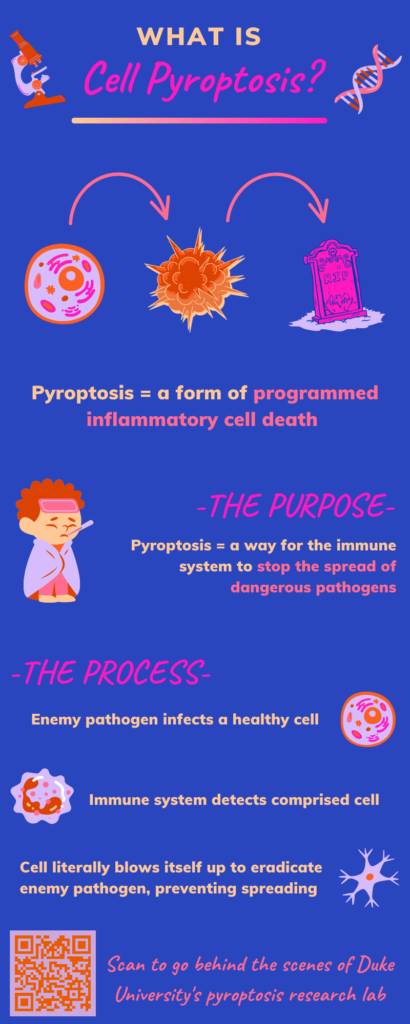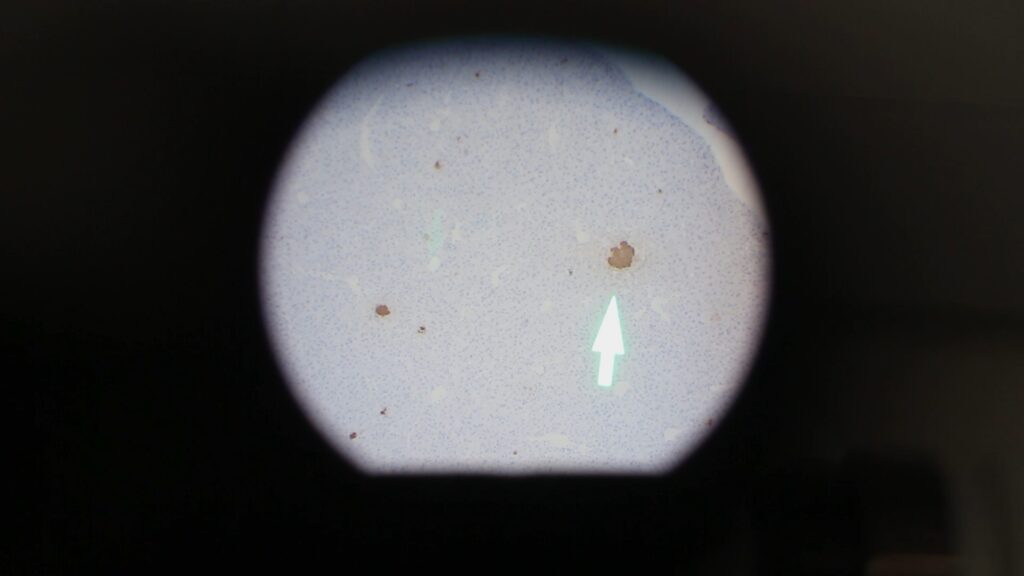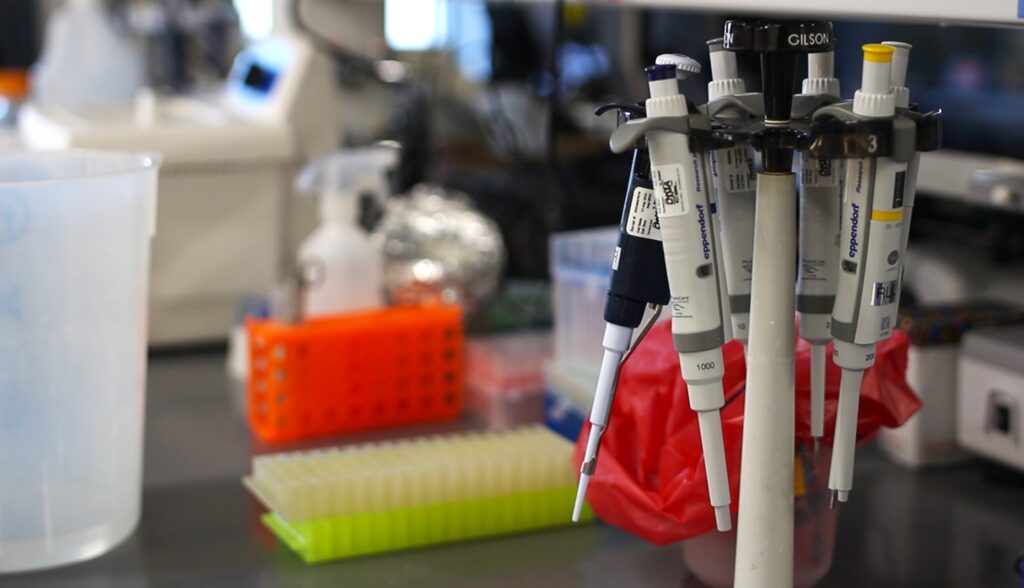Cell pyroptosis will blow you away — literally! In this video, Duke University’s Miao Lab Manager, Heather Larson, takes us through what happens at an immunology lab researching cell pyroptosis.


Mouse livers, microscope slides, drumming machines cultivating bacteria, fluorescent illuminating chemicals and hundreds of pipettes and pipetters — all what makes research at Duke University’s Miao Lab happen. Heather Larson, lab manager, details what happens at the Miao Lab, a subsidiary of the Department of Immunology at Duke. The Miao lab studies pyroptosis, a form of programmed cell death, in which a cell self-explodes when infected by an enemy pathogen. The immune system options for pyroptosis to help halt infected cells from spreading.
The great mystery of cell pyroptosis is why the immune system options for it in the first place. There are various forms of programmed cell death, such as apoptosis (infected cells divide into smaller, weaker parts) and paraptosis (formation of vacuoles and swelling of infected cell). If researchers understood why the immune system optioned for one form of programmed cell death or another, they could use this to their benefit in eradicating certain diseases.
While immunologists and researchers pipette under microscopes, Larson ensures everything is running smoothly. What does it take to keep an entire lab running smoothly? A lot. Larson must train undergraduate research assistants, check equipment performance/settings, and, mainly, oversee the test subjects – a colony of thousands of mice.
One of her biggest projects as Lab Manager was coordinating the move from UNC to Duke. Larson worked for months to plan, approve and start the move eight miles north.
Luckily, the short distance between campuses allowed for a cost-effective move. There was no need to have refrigerated trucks for biological samples as the samples would not thaw in the short period. However, switching personnel from UNC to Duke proved to be a timelier process.
Larson cites the great sense of purpose and work environment as why she loves working at Duke. Having experienced “terrible” work environments in the past, Larson said she loves working in higher ed/research.
The culture is friendly and caring. I love the fact that I get to help people researching diseases that could someday help a lot of people.
Heather Larson


In her day-to-day operations, Larson oversees the lab’s mouse colony. Duke University does not allow photography (even from staff) of the mouse colony due to concerns of animal rights activists. Despite the worry, Larson said the thousands of transgenic mice have a great life at the lab, until injected with pathogens and their tissues studied. The test subjects are required if scientific advancements are to be and if those advancements will be applied to human treatment.
Larson attended Fayetteville State University as a RISE scholar, getting her bachelor’s in biology. She completed a premedical internship at UNC before working as a research technician at Charles River Laboratories. When she’s not in the lab or guiding students’ research, she enjoys going to the park with her 2-year-old son, Roland.

